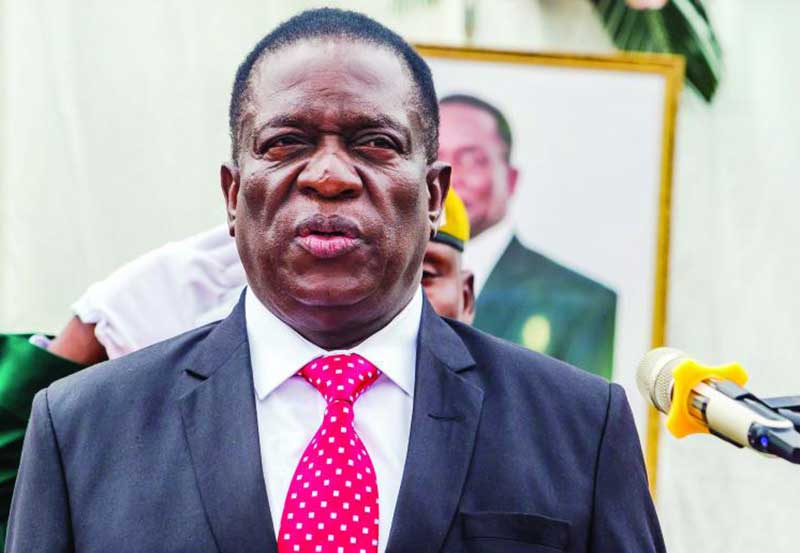×
The Standard e-Paper
Smart Minds Choose Us

A record 23 presidential candidates were cleared on Thursday to run in Zimbabwe's elections due on July 30, including incumbent Emmerson Mnangagwa and young opposition leader Nelson Chamisa, the country's electoral commission announced.
It is the first election in Zimbabwe since veteran leader Robert Mugabe was ousted following a brief military takeover in November last year, after 37 years in power.